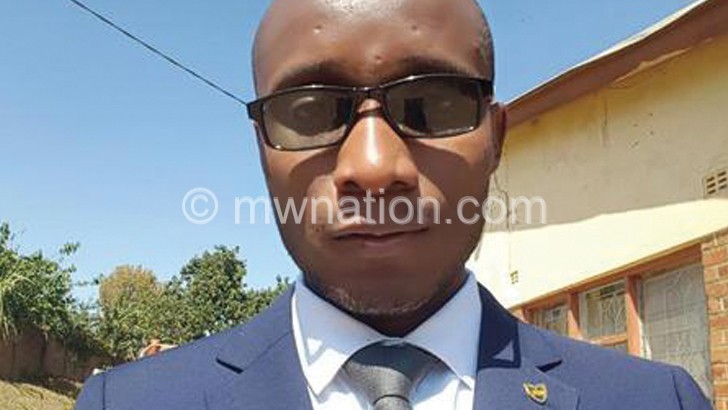Malawi falters in corruption fight
The latest Global Corruption Barometer for Africa 2019 conducted by the Transparency International (TI) has showed that more than half of Malawians think corruption is getting worse in their country.
A report entitled Citizens’ Views and Experiences of Corruption released in July 2019 shows that 72 percent of Malawians think corruption has increased in the previous 12 months while 78 percent think government is not doing a good job in tackling the vice.

Meanwhile, economists have reiterated that the report confirms growing corruption levels in the country which poses a threat to foreign direct investment.
The report follows another released in January this year which shows that Malawi made minor progress by scoring 32 points to move from position 122 in 2017 to 120.
The latest report also shows that 28 percent of public service users paid a bribe in the previous 12 months while only 48 percent of Malawians think that ordinary citizens can make a difference in the fight against corruption.
Institutional corruption has also increased with the Office of the President at 47 percent in 2019 as compared to 43 percent in 2015.
Meanwhile, Corruption Index for members of Parliament has moved from 27 percent in 2015 to 43 percent in 2019 while corruption among other government officials is at 44 percent from 35 percent in 2015.
Police, which the report found to be the most corrupt public institution, has moved from 39 percent in 2015 to 54 percent this year.
However, the index for judges and magistrates has moved from 22 percent to 41 percent. Traditional leaders have emerged the most trusted at 42 percent from 30 percent in 2015.
The survey dubbed the largest and most detailed of citizens’ views on bribery and other forms of corruption in Africa, asked 47 000 citizens in 35 countries about their perceptions of corruption and direct experiences of bribery.
The results show more than one in four people who accessed public services, such as healthcare and education, paid a bribe in the previous year. This is equivalent to approximately 130 million people.
The report also highlights that corruption disproportionately affects the most vulnerable, with the poorest paying bribes twice as often as the richest. Young people pay more bribes than those over 55 years old.
In Africa, the Democratic Republic of Congo (DRC) is leading with 85 percent of the people thinking that corruption has increased in their country while Cote d’Ivoire is the least at 40 percent.
Reacting to the survey, economist Gilbert Kachamba from Catholic University of Malawi hinted that the effects of corruption have an economic bearing to a country, including losing business confidence.
He said: “It is true that we are not doing well in the issues of dealing with corruption and this is a challenge to this country because corruption has a lot of negative issues..”
While concurring with Kachamba, Economic Association of Malawi (Ecama) executive director Maleka Thula said corruption is not new and that it was not surprising that Malawi is perceived to be more corrupt.
In his pre-budget consultation meeting presentation in Blantyre on July 26 this year, head of Economics Department at the Catholic University, Hopkins Kawaye, said Corruption Perception Index shows that the government has not been committed to fighting against the vice in Malawi.
Giving a summary to the report, TI managing director Patricia Moreira highlights that corruption disproportionately affects the most vulnerable, with the poorest paying bribes twice as often as the richest. She also said young people pay more bribes than those over 55. n





